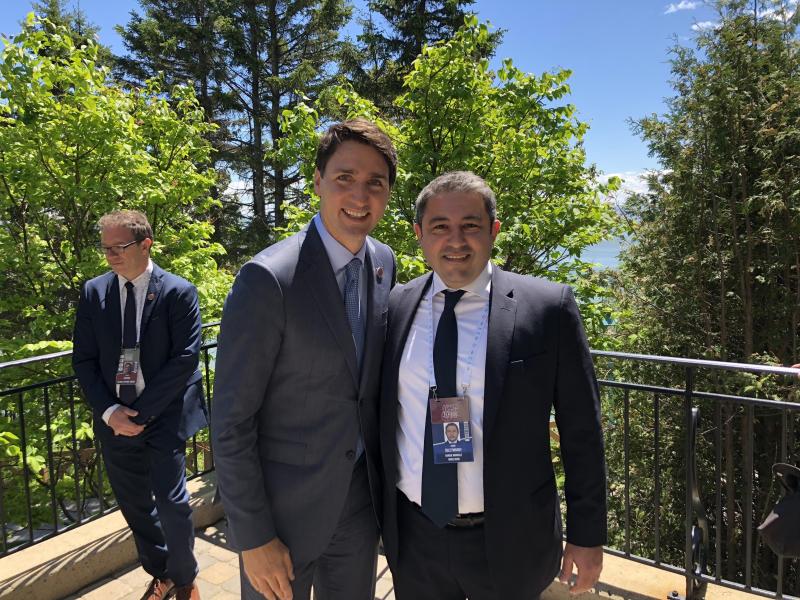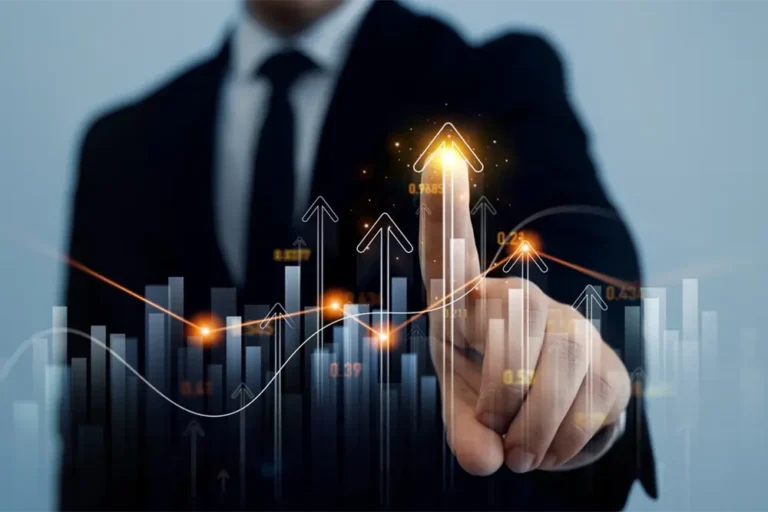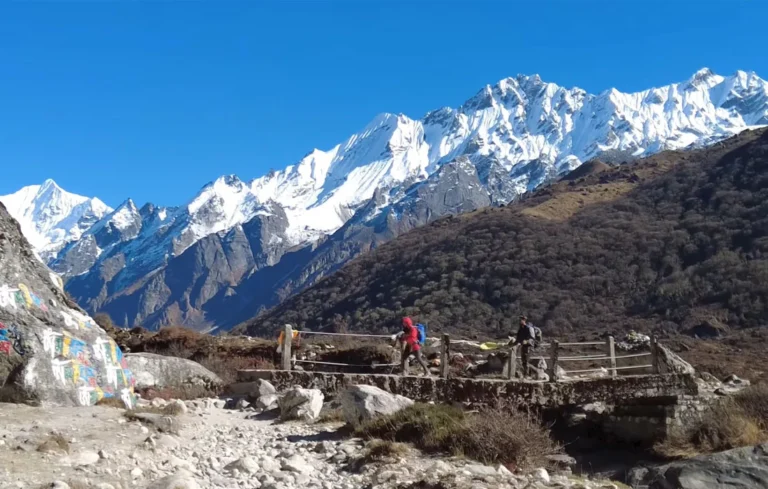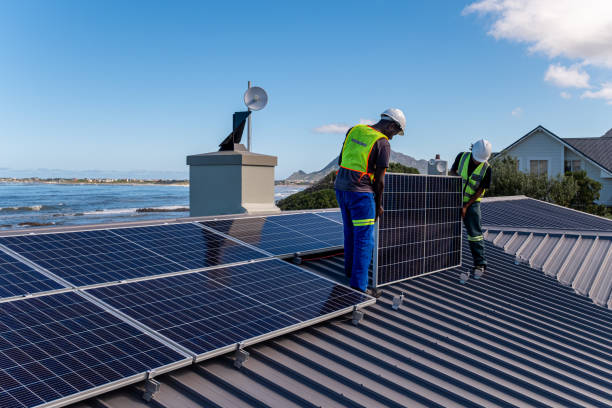
Samir M. Suleymanov stands at the forefront of climate finance and sustainable development, a leader whose career spans roles across international finance institutions and pivotal climate initiatives. His current role as Head of Climate Finance at COP28 underscores his commitment to advancing policies and funding mechanisms that bridge economic growth and environmental stewardship, especially in emerging markets. With extensive experience as a former executive at the World Bank and the International Monetary Fund (IMF), Suleymanov combines his deep understanding of economic policy with a strategic focus on sustainability, emphasizing equitable globalization that fosters resilience in both the Global North and South.
As a leading advocate for climate finance, Suleymanov’s work at COP28 is essential to advancing the financing needed for sustainable transformation in developing nations. Climate finance, capital designated for projects that mitigate or adapt to climate change, is critical for regions facing the disproportionate impacts of global warming. Recognizing the importance of investing in vulnerable economies, Suleymanov is developing funding pathways that make a difference. His approach aligns with COP28’s objectives to mobilize funding that reduces emissions while promoting green infrastructure, particularly in economies traditionally underserved in global financial systems.
In addition to his climate finance expertise, Suleymanov has driven innovation in digital and climate transitions, merging technology with sustainable strategies to reduce carbon emissions and enhance resource efficiency. By championing digital tools that support data-driven climate action, he contributes to a movement that leverages technology to mitigate environmental impacts across sectors. His vision for the future includes adopting digital technologies that improve resource use and streamline environmental data analysis while providing accessible platforms for tracking emissions.
Suleymanov’s experience at the World Bank and IMF also shapes his approach to climate finance and sustainable development. During his tenure with these institutions, he cultivated a nuanced understanding of multilateral funding and international economic policy, honing his expertise in managing resources to support stability and growth in various economic landscapes. The World Bank’s commitment to poverty alleviation and sustainable development, combined with the IMF’s focus on economic stability, provided Suleymanov with a comprehensive perspective on global economic dynamics.
A proponent of reimagining globalization as “climate-smart,” Suleymanov champions a model of interconnectedness that respects ecological and social boundaries. His concept of “climate-smart globalization” involves redefining traditional economic relationships to account for environmental and social sustainability. Suleymanov’s vision aligns with broader discussions around climate-smart policies that balance economic growth with reducing carbon footprints. By integrating clean technologies and prioritizing renewable energy, he supports economic models that minimize environmental costs and emphasize resource efficiency.
Suleymanov’s work centers on the Global South. He advocates for growth pathways that support green industrialization, enabling these nations to establish competitive advantages in low-emission industries. Clean technology and renewable energy resources present significant opportunities for countries to reduce their reliance on high-emission sectors and develop new, sustainable industries. Suleymanov’s emphasis on climate-smart strategies for the Global South allows for the leapfrogging of carbon-intensive development stages, positioning these nations to achieve growth without exacerbating environmental issues.
Suleymanov’s work draws on the insights of economists such as Dani Rodrik, who has argued for tailored globalization approaches that prioritize local resilience over universal trade principles. Rodrik’s ideas advocate for country-specific strategies that do not dismiss global cooperation but instead emphasize a balanced model that protects domestic industries and labor forces. Suleymanov supports this vision and believes sustainable globalization should work with national priorities, fostering connected and resilient economies. By incorporating Rodrik’s framework into his climate finance approach, Suleymanov promotes policies that respect global and local interests.
Another influential perspective comes from Kate Raworth’s “Doughnut Economics,” which Suleymanov draws upon in his work. Raworth’s model outlines an ecological ceiling and a social foundation within which economies should operate, emphasizing the importance of achieving human well-being without overstepping environmental limits. Suleymanov’s climate finance strategies resonate with Raworth’s framework, as he seeks to ensure that investments promote growth within sustainable limits. By advocating for resource-efficient and ecologically sound policies, he aims to create a prosperous global economy, conscious of the planet’s boundaries.
Suleymanov also dedicates his efforts to philanthropic work, serving as president of a charity focused on sustainable development and community welfare. His commitment to social responsibility extends beyond his career in climate finance, reflecting a broader dedication to human well-being. His charity work supports initiatives that address the social dimensions of sustainability, promoting efforts that improve quality of life and foster community resilience. This work considers environmental and economic factors and the social components necessary for sustainable development.
Samir M. Suleymanov’s multifaceted approach to climate finance, digital innovation, and sustainable globalization positions him as a leader in addressing the complex challenges of our time. His dedication to building an equitable, resilient global economy that leverages clean technology and respects ecological limits continues to shape his work as a champion of climate-smart policies. Through his vision, Suleymanov is paving the way for a future in which economic development and environmental stewardship are inextricably linked, creating opportunities for sustainable growth that benefit both people and the planet.
Keep an eye for more latest news & updates on Well Known Figure!





